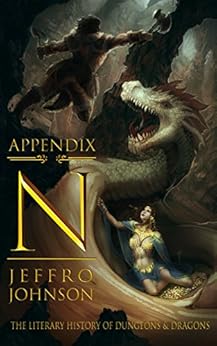I hope to be able to Say Hi, time to time from my hiatus.
Some musings.
- Following the FB groups about Romans and Medieval groups, the very active ones, I realize the Roman Tech (and thanks to De Agricultura) is pretty much a wealthy source of Low Tech Economics and Business Models to understand the times and the limits. Also they have awesome photo albums or Naval Pictures and Diagrams.
- My Work is giving me inspiration for Games and Games inspire my work (I work as a Director of a Design and Build Furniture and Construction company). Particularly the models and mechanics that let me run a Fun Logistics Puzzle Games, and the uncertainty of human organizations. I work like a prep heavy GM that is unafraid of improv and has a focus on feedback with the players.
- I definitely will need to run Warring States 200-500BCE China. The Diodochi series of Christian Cameron and my Chinese Studies have given me a great appreciation of the Time Before the Roman Empire or the Qin and Han Dynasty. I'm able to see the Technological Parallels of the Roman Empire and their Eastern Counterparts in a way they are similar with exceptions that can be used to Model other such levels of organization.
- The Human Era 10,000BCE or seeing everything from the perspective of the most Ancient Monuments in Turkey - that we are 12,017HE puts the 200-500BCE the 9500-9800HE. That they Great Bronze Age collapse is just the 8500-8800HE. That humanity may have had other levels of organization from 0HE to what we were able to dig up. That there are still an amazing set of things we are able to do prior to Metallurgy.
- That Aging Penalties were a Buzz Kill that I have to accept now that I'm nearing 40 and i am able to monitor and document the decline of my physical performance. My median performance is more stable and better in some cases, but the limits I can push them have decreased. Its not that I've become weaker -its just I learned how much pointless damage I'm inflicting on my body. That It takes more effort (time in the day) to maintain my health than when I was young and I wasted it. That every excursion (like an airsoft game) is a risk of some injury that will give me pain for a long time, while sitting on my ass and playing something for 4-6 hours straight is not a luxury I can afford (given how my joints and body reacts when not active).
- Basically I learned the long term effects of periods of Youthful exuberance, mindless of safety and the long term costs.
- if I run games again, that it would be 40-50 minutes increments with a Tabata/Pomodoro Timer and have 10-20mins to move around, freshen up, and take notes. My Session planning will be based on those time units.
- I would want to record them all.
- A strategy of Cutting and Editing a Game session for ease of viewing.

